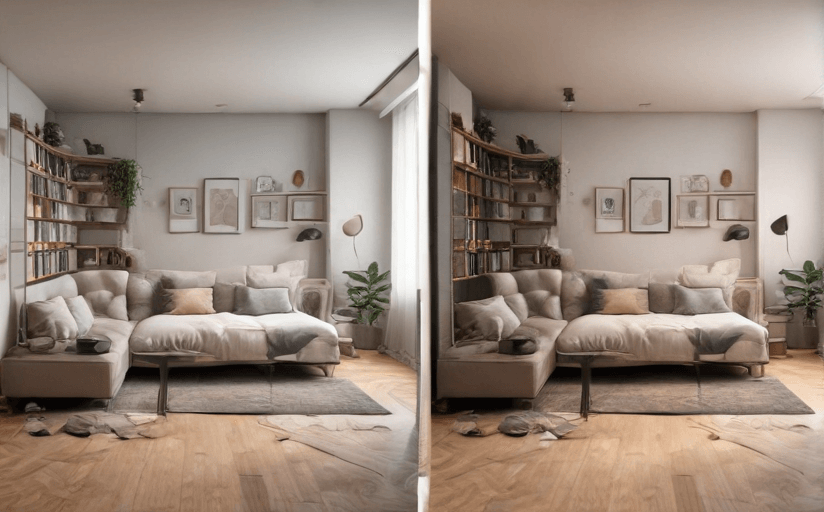The Impact of Minimalism on the Quality of Life
In recent years, the term 'minimalism' has transitioned from referring to a specific art movement to being a lifestyle choice many people are leaning towards. Whether in the spheres of design, lifestyle decisions, or even thought processes, minimalism has been creeping into various aspects of our daily lives. This article aims to analyze the impact of minimalism on quality of life.
The Benefits of Adopting a Minimalist Lifestyle
Transitioning to a minimalist lifestyle has several beneficial effects that are worth exploring.
Reduced Stress
Countless studies, like the one conducted by the National Institutes of Health, link clutter and excessive personal belongings to increased levels of stress and anxiety. By embracing minimalism, people embrace less clutter and thus lower stress levels.
Increased Happiness and Satisfaction
According to a study in the Journal of Consumer Psychology, people who choose experiences over material possessions report being more satisfied with their lives. Minimalism promotes valuing experiences over possessions, which can lead to increased happiness.
The Potential Drawbacks of a Minimalist Lifestyle
However, adopting a minimalist lifestyle is not without its challenges or potential issues.
Initial Resistance and Misunderstanding
Resistance to change is a common human trait, and this extends to adopting minimalism. Friends or family members might not understand the choice to live with less, leading to potential conflicts or misunderstandings.
Perceived Lack
While minimalism stands for removing excess, it can sometimes be misinterpreted as a deprivation, leading to a feeling of lacking something. Achieving a balance is critical in avoiding these feelings.
Impact on Personal Relationships
Minimalism can have a profound effect on personal relationships. Living with less can reduce arguments about clutter or finances in a household, and it encourages people to value experiences shared with loved ones over material possessions. This shared experience can foster increased communication, understanding, and mutual respect.
Conclusion
While minimalism offers various benefits such as reduced stress and increased happiness, it presents challenges that individuals need to overcome. How it impacts one's life significantly depends on how well one adapts to the lifestyle and the personal meaning they derive from it. As sociologist Erving Goffman once said, Life is a constant adjustment to encompassing situations. This statement rings true for those transitioning to a minimalist lifestyle.
In conclusion, the impact of minimalism on an individual's quality of life ultimately comes down to personal experiences and the value placed on the principles of minimalism.



















Comments
Leave a Comment